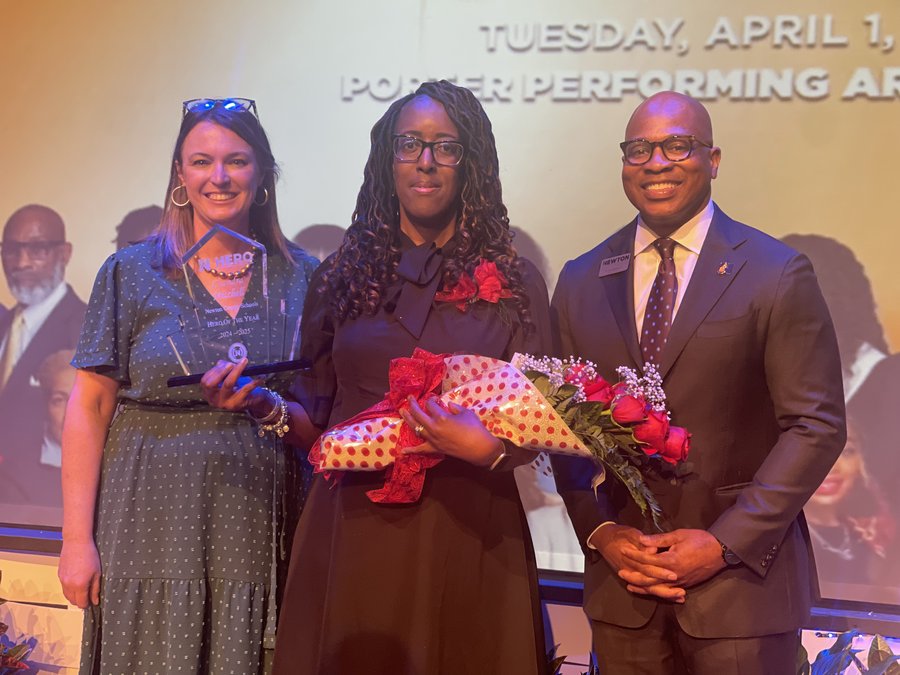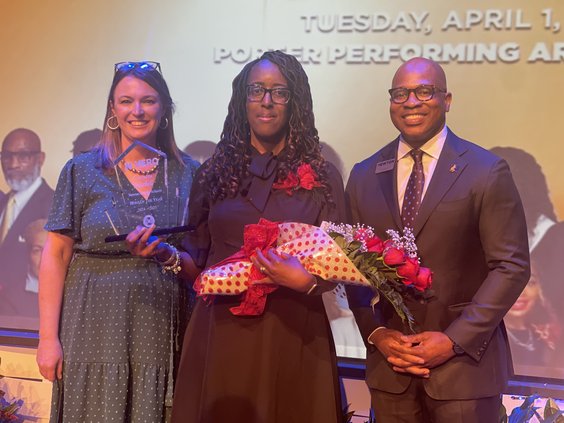In previous articles, I have written about how music enhances the ways in which we make meaning out of our lives and the world around us. In February, when we intentionally celebrate Black History in this country, it seems especially poignant to reflect on how the music of the Civil Rights Movement continues to help us make meaning today.
African American spirituals, gospel, and folk music have been formative in providing hope and encouragement for the long journey to freedom and justice. Music helps us make meaning, and it has the power to break the chains of oppression in our lives.
I think about the African American spiritual, “There is a Balm in Gilead” and how as a child, I grew up singing this hymn in my all-white Methodist congregation in rural South Carolina. I had no idea what a balm was, much less what that may have meant to my black friends and their families as they sung it in their all-black congregations in what Dr. King observed was one of the most segregated hours in America each week.
When you look up balm, you learn that it is a noun and means a fragrant ointment used to heal. It can also mean something that has a comforting, soothing, or restorative effect. “There is a balm in Gilead to make the wounded whole.” Wholeness and healing are words associated with salvation, a primary doctrine of the Christian faith. To have salvation or to be “saved” is to be whole. Singing helps us be whole.
Some people think that before we human beings spoke to each other, we sang. It was our first form of communication. It makes sense to me. There are things happening inside of us – emotions, feelings, and thoughts – that are just too great to speak. Instead, we need the language of ecstasy. We need more than just prose, we need poetry and lyrics, and we need music. Music makes us whole, liberates us, and gives us hope.
The Civil Rights Movement leaders knew this, and they used music – the sacred and secular – as a balm but also as a way to push forward in the work of the movement. Music offered them and those who followed them hope even when so much was uncertain. Though we saw some things change because of this movement, we continue to sing the songs today as more “change is gonna come.”
Music and its influence shows up throughout the biblical story too. In Colossians 3:12-16 we learn what living a life in Christ means. In that scripture, God has claimed us and we are to put on compassion, kindness, humility, gentleness, and patience. These gifts guide us in the hard work of being forgiving, loving, peaceful, and grateful human beings. Then we’re instructed, “Teach and warn each other with all wisdom by singing psalms, hymns, and spiritual songs. Sing to God with gratitude in your hearts.”
I don’t pretend to know exactly what the writer meant by telling them to “teach and warn each other,” but I suspect it had something to do with getting them to live with greater intention. Music helps us do that. Singing psalms and hymns and spiritual songs draws us back to wholeness, liberation, and hope.
The Rev. Dr. Lyn Pace is the college chaplain at Oxford College of Emory University.









